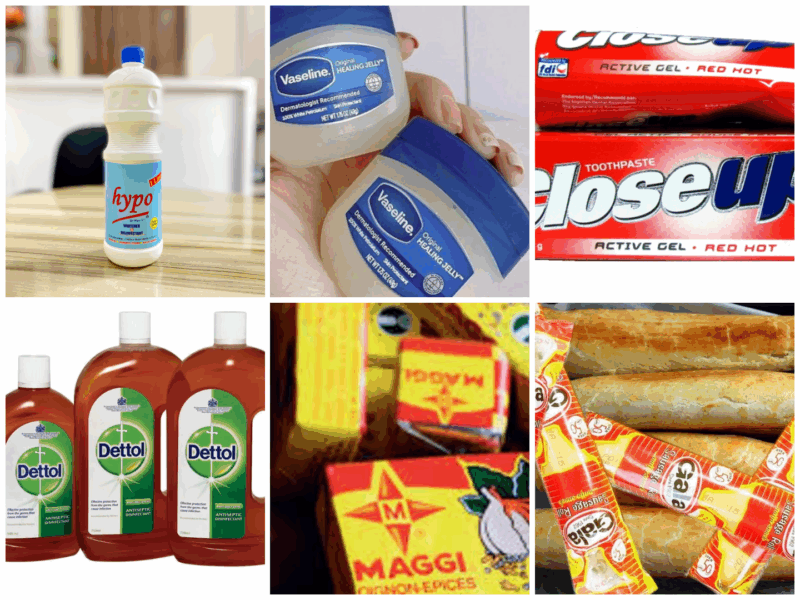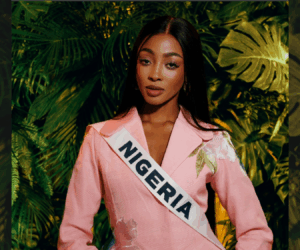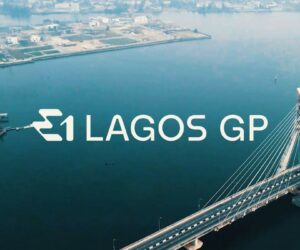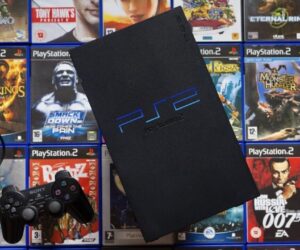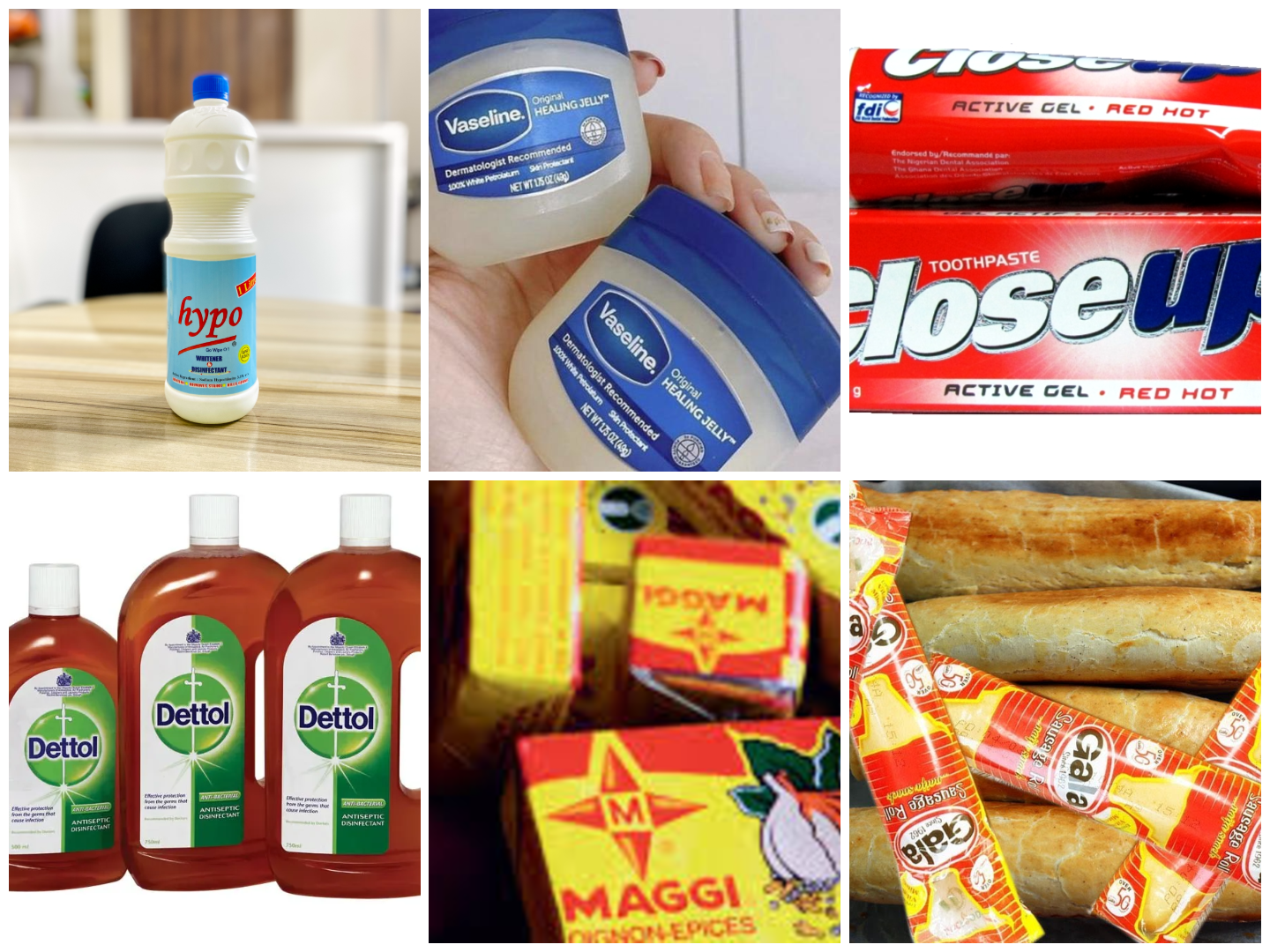
In Nigeria, certain brands have become so embedded in daily life that their names are often used to describe entire product categories. This phenomenon, known as “genericide” in business, typically occurs when a brand is a market pioneer or dominates its sector so thoroughly that consumers forget the actual name of the product.
Nigeria, Africa’s largest economy and most populous nation, presents a highly competitive consumer market. Thousands of products jostle for attention, yet only a handful manage to embed themselves into the collective consciousness.
These brands enjoy what business experts call a first-mover advantage, either being the first to introduce a product to the market or becoming so popular that their brand name becomes synonymous with the item itself.
In many cases, these brands have become household names to the point that Nigerians often cannot recall the generic term for the product. Interestingly, not all of them were the pioneers; some achieved market dominance purely through effective branding, accessibility, and consumer loyalty.
Here’s a closer look at 10 brands Nigerians commonly mistake for generic product names:
ALSO READ: Why Nigerians Are Obsessed With What Phone You Use
10 Brands Nigerians Mistakenly Call Generic Names
1. Noodles – Indomie
The generic term for this product is noodles, but for many Nigerians, the word “Indomie” covers the entire category. The brand was introduced in 1988 through exports and locally manufactured since 1995 by the Indonesian company Indofood in partnership with Nigeria’s Tolaram Group. Indomie now accounts for 74% of Nigeria’s noodles market. Despite the presence of numerous competitors, the brand has become so iconic that noodles are almost universally called Indomie.
2. SUVs – Jeep
Jeep was originally produced by the American Bantam Car Company in 1940, and the Jeep Cherokee and other SUVs set the standard for rugged vehicles. In Nigeria, the term “jeep” has transcended the brand, with any sports utility vehicle, whether a Toyota, Honda, or Ford, frequently referred to as a “jeep.” Jeep’s enduring nameplate since 1974 has helped cement this unique identity.
3. Toothpaste – Close Up
This brand was launched in 1967 by Unilever. Close Up toothpaste is another brand that has become synonymous with its category. Despite numerous competitors like Macleans, Dabur, and Oral-B, Nigerians frequently refer to all toothpaste as “Close Up,” highlighting the brand’s over 50-year dominance in the oral care market.
YOU MIGHT LIKE: 10 Questions to Ask on a First Date in Nigeria
4. Petroleum Jelly – Vaseline
This American petroleum jelly brand, originally made by Chesebrough Manufacturing Company and later acquired by Unilever in 1987, dominates Nigeria’s skincare market. While alternatives exist, such as Baby and Toddler, Fred & Flo, or Dettol jelly, most Nigerians simply call petroleum jelly “Vaseline.”
5. Detergent – OMO
Omo is a detergent brand with nearly a century-long history. It entered Nigeria in 1962 and has since become the default reference for laundry soap. It used to be produced by Unilever; OMO’s dominance overshadows competitors reinforcing its position as the household name for detergent.
6. Diapers – Pampers
Pampers is the brand synonymous with baby diapers globally. Pampers was introduced to Nigeria in 2000 by Procter & Gamble. It quickly became the leading product in the baby care market. Even with alternatives like Molfix and Huggies, most Nigerians still refer to diapers as “Pampers.”
SEE THIS: Sent Money to the Wrong Bank Account? Do these 5 things IMMEDIATELY
7. Seasoning Cubes – Maggi
Maggi seasoning cubes, introduced to Nigeria in 1918 by Swiss entrepreneur Julius Maggi, have become a staple in Nigerian kitchens. While other brands like Knorr, Royco, Terra, and MrChef are available, many Nigerians continue to call all seasoning cubes “Maggi,” a testament to the brand’s over 100-year influence.
8. Sausage Rolls – Gala
Gala, produced by UAC Foods, was Nigeria’s first widely sold sausage roll. Since its introduction, the name “Gala” has become shorthand for all sausage rolls, with vendors often distinguishing the original product by simply calling it “Original Gala.”
9. Disinfectant – Dettol
This antiseptic, marketed in Nigeria by Reckitt Benckiser for over 50 years, has become the default term for disinfectants. Nigerians often refer to any antiseptic solution as “Dettol,” regardless of the brand.
10. Bleach – Hypo
A chlorinated bleach produced by Multipro Enterprise Limited, Hypo has become the go-to reference for household bleaching liquids. Before Hypo, JIK dominated the market, but today, Hypo has become the generic name for bleach, illustrating how quickly a brand can take over a segment.
YOU MIGHT LIKE: 001: How Nigerians Are Eating These Days
The dominance of these brands in Nigeria highlights the power of early entry, strong branding, and widespread distribution. While it can be flattering for companies to see their names become generic, it also presents a risk, which is losing trademark distinctiveness over time.
For consumers, it shows how culture and familiarity can reshape language, turning brand names into everyday vocabulary.

